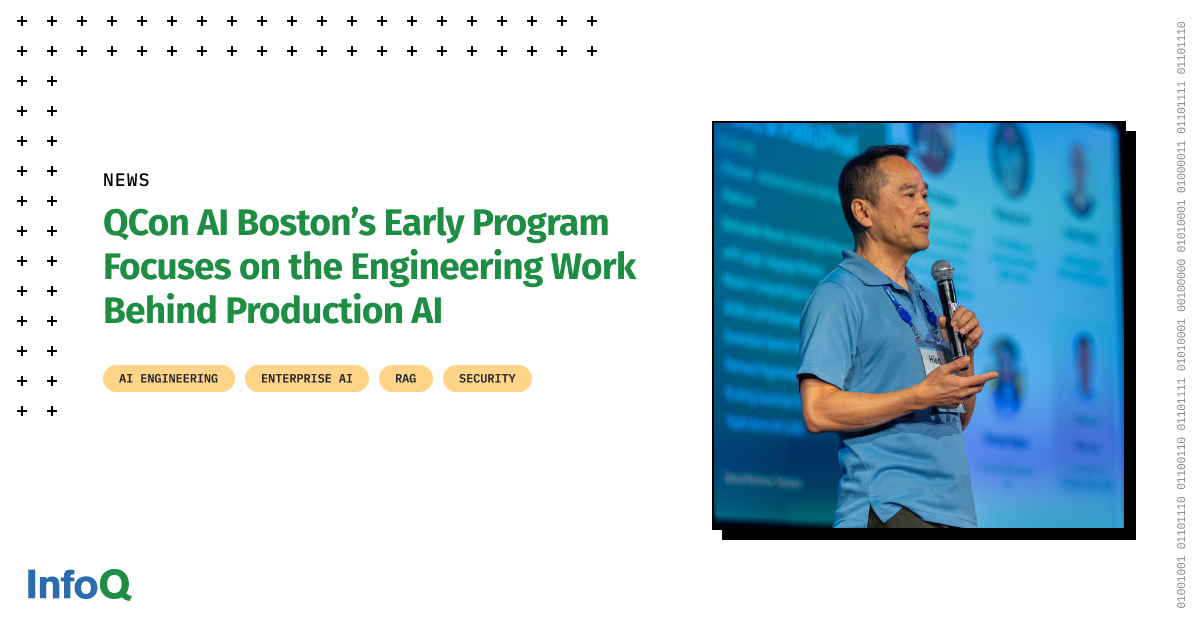Codetown
Codetown ::: a software developer's community
OrlandoJUG
Event Details
Time: February 26, 2009 from 6pm to 9pm
Location: DeVry University, Room 114 - capacity 20!
Street: 4000 Millennia Blvd
City/Town: Orlando
Website or Map: http://www.orlandojug.org
Phone: 407-622-WEBS
Event Type: meeting and presentation
Organized By: Michael Levin
Latest Activity: Jan 29, 2015
Event Description
An introduction to the functional Clojure programming language will be given. Clojure is a new, cleaned-up Lisp dialect with powerful unhygienic macros, seamless Java interoperability, various data structure literals, and is perhaps most famous for its easy concurrency features including its Software Transaction Memory (STM.) The talk will begin with an overview of the Lisp syntax and functional ideas that may seem foreign to some. It will then go over the basic data structures and types the language supports. Then Clojure's "multimethods" with be explained, and how they let you use polymorphism and a form of inheritance without using Object Orientation. The talk will end with some short code demos showing off:
- Clojure using an existing Java charting/graphing library in a fun interactive fashion
- Clojure's easy but powerful non-locking concurrency features compared to manual locking in Java
- Clojure's DSL ability through macros as demonstrated by the practical Compojure web framework
Larry Diehl is an Orlando-based web developer and Genetic Programming researcher at the University of Central Florida. He has over 3 years of Ruby and Rails experience doing work for Bear Den Designs and IZEA, and is passionate about Test Driven Development. Larry has spoken in the past at BarCamps, ORUGs, and RubyConf08. Although an admirer of many languages, he is currently using Clojure as the primary language for his research. The occasional blog post can be found at larrytheliquid.com, but for more activity check out the larrytheliquid GitHub profile.
Notes
Welcome to Codetown!
 Codetown is a social network. It's got blogs, forums, groups, personal pages and more! You might think of Codetown as a funky camper van with lots of compartments for your stuff and a great multimedia system, too! Best of all, Codetown has room for all of your friends.
Codetown is a social network. It's got blogs, forums, groups, personal pages and more! You might think of Codetown as a funky camper van with lots of compartments for your stuff and a great multimedia system, too! Best of all, Codetown has room for all of your friends.
Created by Michael Levin Dec 18, 2008 at 6:56pm. Last updated by Michael Levin May 4, 2018.
Looking for Jobs or Staff?
Check out the Codetown Jobs group.
InfoQ Reading List
Decentralizing Architectural Decisions with the Architecture Advice Process

Our system architectures have changed as technology and development practices have evolved, but the way we practice architecture hasn’t kept up. According to Andrew Harmel-Law, architecture needs to be decentralized, similar to how we have decentralized our systems. The alternative to having an architect take and communicate decisions is to “let anyone make the decisions” using the advice process.
By Ben LindersQCon AI Boston’s Early Program Focuses on the Engineering Work Behind Production AI

As teams move AI from pilots to production, the hard problems shift from demos to dependability. The first confirmed talks for QCon AI Boston (June 1–2) focus on context engineering, agent explainability, reasoning beyond basic RAG, evaluation, governance, and platform infrastructure needed to run AI reliably under real-world constraints.
By Artenisa ChatziouGitHub Data Shows AI Tools Creating "Convenience Loops" That Reshape Developer Language Choices

GitHub’s Octoverse 2025 report reveals a "convenience loop" where AI coding assistants drive language choice. TypeScript’s 66% surge to the #1 spot highlights a shift toward static typing, as types provide essential guardrails for LLMs. While Python leads in AI research, the industry is consolidating around stacks that minimize AI friction, creating a barrier for new, niche languages.
By Steef-Jan WiggersCloudflare Debuts Markdown for Agents and Content Signals to Guide AI Crawlers

Cloudflare has introduced “Markdown for Agents,” a feature that lets AI crawlers request Markdown versions of web pages. The company pairs the feature with a proposed “Content Signals” mechanism that lets publishers declare whether their content may be used for AI training, search indexing or inference.
By Matt FosterPresentation: What I Wish I Knew When I Started with Green IT

Ludi Akue discusses how the tech sector’s rising emissions impact our global climate goals. Drawing from her experience as a CTO, she explains seven key lessons for implementing Green IT. She shares insights on LCA assessments, the paradox of microservices, and why FinOps doesn’t always equal green.
By Ludi Akue
© 2026 Created by Michael Levin.
Powered by
![]()
RSVP for OrlandoJUG to add comments!
Join Codetown